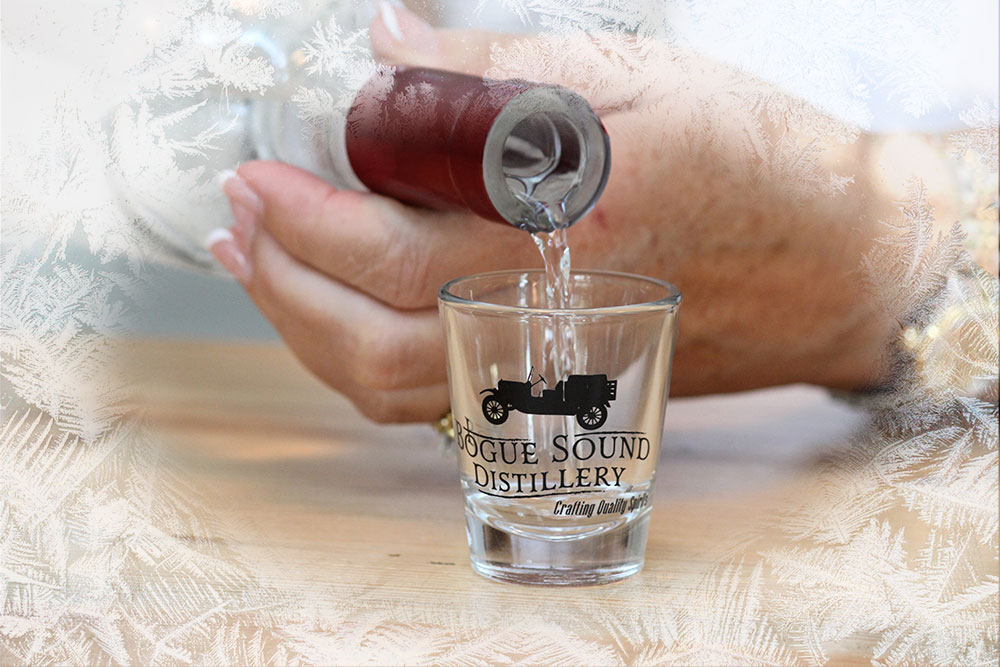Vodka: To Freeze or Not to Freeze?

To freeze or not to freeze?
That is the question. If you do a quick search online, you will find a plethora of articles written about whether this is a good idea or not. Straight to the point? It’s a matter of personal preference, but let’s explore what actually happens to vodka at low temperatures.
No matter where you store your vodka, make sure you keep the bottle upright (to avoid spills), maintain a consistent temperature, and avoid exposure to high heat. When vodka gets warmer, it releases more volatiles and the smell of pure alcohol can be overwhelming. You definitely do not want to drink warm vodka.
While vodka tends to have milder flavor profiles compared to other spirits, it is not flavorless. When you store vodka in the freezer, it gets more difficult to detect specific aromas and tastes. The complexity and flavor of the spirit begins to disappear. This may be ideal to hide the “heat” (or burning) qualities of low-quality vodka. However, premium vodkas like Vitzellen Vodka which have a distinct, sophisticated flavor profile will store better at slightly higher temperatures.
Due to its ethanol content, vodka will not actually freeze solid until it reaches a temperature of -16 degrees Fahrenheit. Standard freezers are 0 degrees Fahrenheit, but that is still too cold for premium vodka. The optimal drinking temperature of vodka is somewhere between 32-39 degrees Fahrenheit.
And this should be achieved one of three ways:
- Storing in the refrigerator
- Pouring directly over ice
- Mixing in a cocktail shaker with ice and other chilled liquids.
As the temperature of vodka drops, the viscosity (thickness) of the liquid increases and textural differences become more apparent. It becomes thicker, creating a smoother and richer mouthfeel. Drinking Vitzellen Vodka should be enjoyable, so chilling (not freezing) it creates the best drinking experience.
